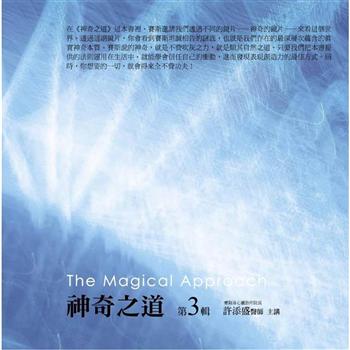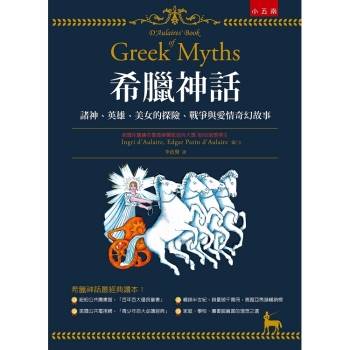This book illustrates the application of grey systems theory to management science research, by developing selection procedures for grey analytical methods suitable for forecasting, decision-making, and analysing variable relationships. Highlights the similarity between grey system theory and other uncertainty modelling methods, introducing demarcation criteria between grey system theory, fuzzy logic, and statistical approaches. The book leverages the concept of a "grey space" to move beyond the intuitive understanding of grey, presenting a logical and mathematical model of the concept. Connects grey information with traditional management research paradigms and strategies, serving as a methodological guide to grey methods tailored for social sciences, especially management research.
The aim is to facilitate management science readers’ understanding of how grey systems theory can be applied in research, providing specific guidance on the use of grey methods in management studies and discussing their possibilities and limitations. This work provides methodological guidelines for conducting research in management science.
The primary audience includes management science researchers and doctoral students dealing with empirical research where incomplete and sparse data are a critical factor, and scholars in the grey systems theory community. The book introduces new concepts from the axiomatisation of greyness, appealing to specialists interested in this area.












